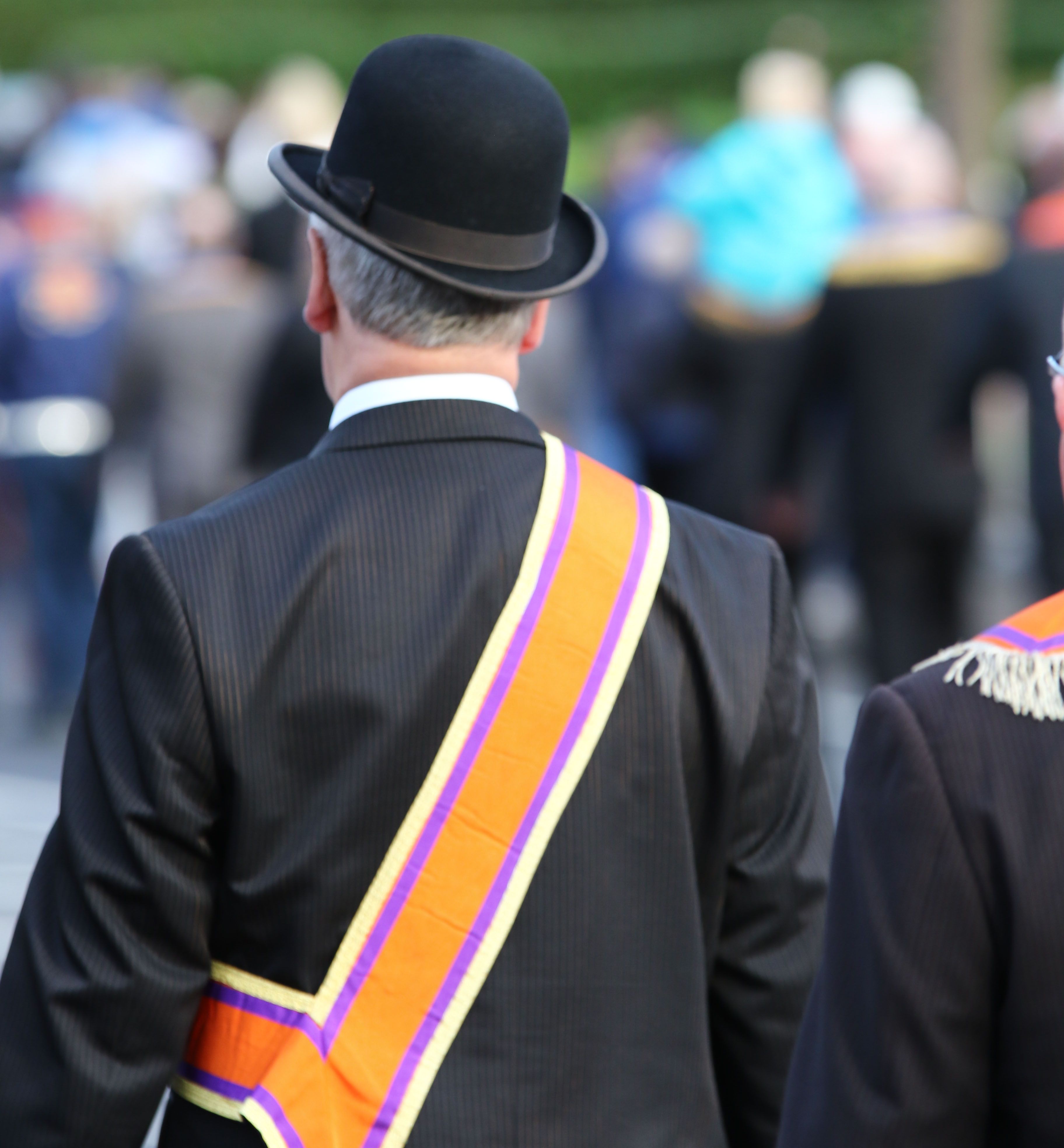HOT on the heels of the dilemma thrown up for loyalist culture by a raft of local council reviews of bonfire spaces in the wake of the death of a man on a Larne bonfire last year, the Orange Order has come in with a ‘hold my beer’ moment.
As reported in Sunday Life at the weekend, a former British soldier who shot his wife to death and went to jail for her killing in 1999 has been promoted to the post of Worshipful District Master of Cookstown District LOL No.3.
At a time when women are living in genuine fear as the number of violent attacks by men appears to be on the increase, that’s a controversial decision. Regardless of what we feel about his heinous crime, the simple fact is that the man has – like everybody else who has ever been to jail or will ever go to jail – the right to a life after prison. But what makes this massively problematic for the Orange Order – or more importantly for the many people who aren’t members but who see the Orange as an integral part of their culture – is that it throws a harsh spotlight on the organisation and the truth about its existence.
The Orange Order was formed to oppose “the fatal errors and doctrines of the Church of Rome”. Which is fair enough – religions oppose each other all the time, and while the Orange is more hardline than most religious organisations, it is entitled to oppose whatever church or individual or sexuality or gender or lifestyle it chooses.
But while the new leading Orangeman in Cookstown is in good standing with the Orange, his lodge and his brethren after he killed his wife, he would be nowhere near the Orange Order or any of its buildings or events if he had married a Catholic. In short, the Orange Order takes a more relaxed and charitable view of the shooting to death of a woman than it does one of its members entering a church or marrying a Catholic. That is a thoroughly obscene state of affairs in the year 2023.
Four years ago, the Orange Order in Scotland decided to allow its members to enter a Catholic Church. It was a modest move and overdue by at least a couple of centuries – nevertheless it was an acknowledgment by the Scottish brethren that if the organisation wants to survive it is going to have to change and adapt. The Orange Order in Ireland will countenance no such loosening of its medieval rules, despite polls indicating that a large majority of Orangemen and supporters see it as a necessary move.
Which is how we find ourselves living in a place where not only does significant section of the peope believe that charity and forgiveness can be extended to a killer but not to a Catholic, but embrace that ethos as somehow being part of their culture.
The decision of the senior Orangeman on Wednesday to resign his post (while remaining in good standing in the Orange Order) does nothing to change the deep underlying problem. Exactly the same scenario could play out tomorrow and until that changes then the organisation remains mired in the 18th century.







